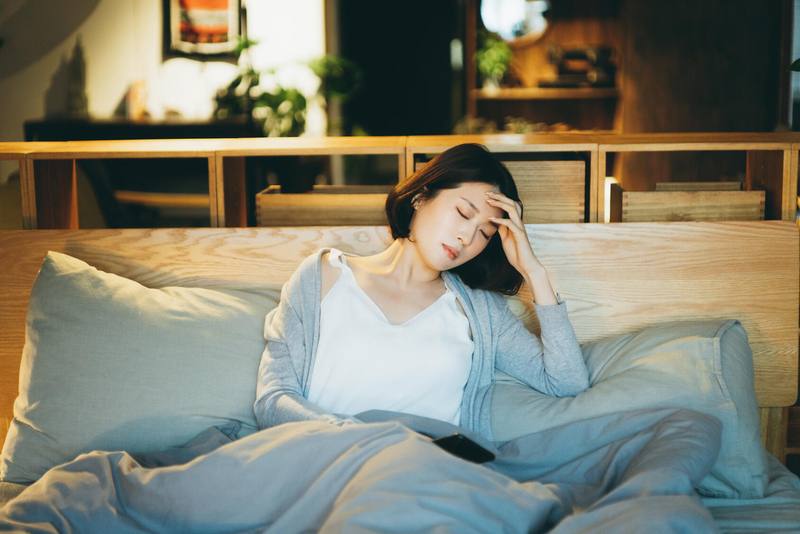Hot flashes. Night sweats. Sleep problems. Weight gain.
Menopause can seem like a rollercoaster with symptoms that can make life challenging.
Could that glass of wine or cocktail be making menopausal symptoms even worse?
Yes, according to experts.
Dr. Juliana Kling with Mayo Clinic's Women's Health Center in Arizona says that alcohol use during menopause can worsen symptoms and increase a woman's risk for serious health conditions, like heart disease and osteoporosis.
Dr. Kling warns that for many women, alcohol and menopause can be a dangerous mix.
Journalists: Broadcast-quality video (1:07) is in the downloads at the end of this post. Please courtesy: "Mayo Clinic News Network." Read the script.
Alcohol, hot flashes and night sweats
One of the biggest complaints by women during menopause are vasomotor symptoms (VMS), more commonly known as hot flashes and night sweats. About 80% of women have hot flashes, night sweats and 30% will have those symptoms severely. "A lot of women will describe it as kind of a flushing throughout their body maybe generated through their chest," says Dr. Kling. "It is associated with sweating and can be extremely disruptive during the day, but also at night when you're sleeping. Hot flashes are due to a disruption of the body's thermoregulatory zone. Dr. Kling says alcohol can exacerbate symptoms.

"A lot of women have different triggers and for some alcohol may trigger their symptoms. They may naturally avoid alcohol, because they noticed that their hot flashes and night sweats get worse."
Juliana Kling, M.D., Women's Health Specialist
Sleep, alcohol and menopause
Sleep problems are also commonly associated with menopause. Dr. Kling says in some people, alcohol can make it harder to get a good night's sleep. "While many people think a glass of wine might be nice to make them sleepy, it just disrupts your quality of sleep," says Dr. Kling. "This is something to be mindful of and perhaps cut back on or eliminate your alcohol use before bedtime."

Increased health risks of alcohol use
During menopausal years, the risk of certain health conditions increases. This includes heart disease, stroke, and osteoporosis to name a few. Alcohol can also make it more challenging to maintain a healthy weight, which can also increase the risk of certain conditions. "A lot of us don't recognize the associations of alcohol and poor health outcomes like breast cancer risk and alcohol is associated with a higher risk of breast cancer." says Dr. Kling. "Also conditions like colorectal cancer increase, so you may want to consider minimizing or avoiding alcohol."

Practice moderation with alcohol during menopause
Dr. Kling recommends menopausal women limit their alcohol intake to one drink per day. Keep in mind that different types of beer, wine or liquor can have significantly different alcohol contents. "You have to measure it out to make sure it is the appropriate portion of alcohol," advises Dr. Kling.
"Now is the time to really lean into the healthy habits," says Dr. Kling. In addition to limiting or eliminating alcohol, healthy habits she recommends include regular exercise, maintaining a healthy weight, eating a balanced diet with plenty of fruits and vegetables, and not smoking. "Those healthy lifestyle habits are going to provide you the most success at helping during the menopause transition," says Dr. Kling.

Related articles
- Mayo Clinic Minute: Help with hot flashes due to menopause
- Mayo Clinic Minute: How lifestyle changes may help manage menopause symptoms
- Menopause: Ensuring a tranquil transition







